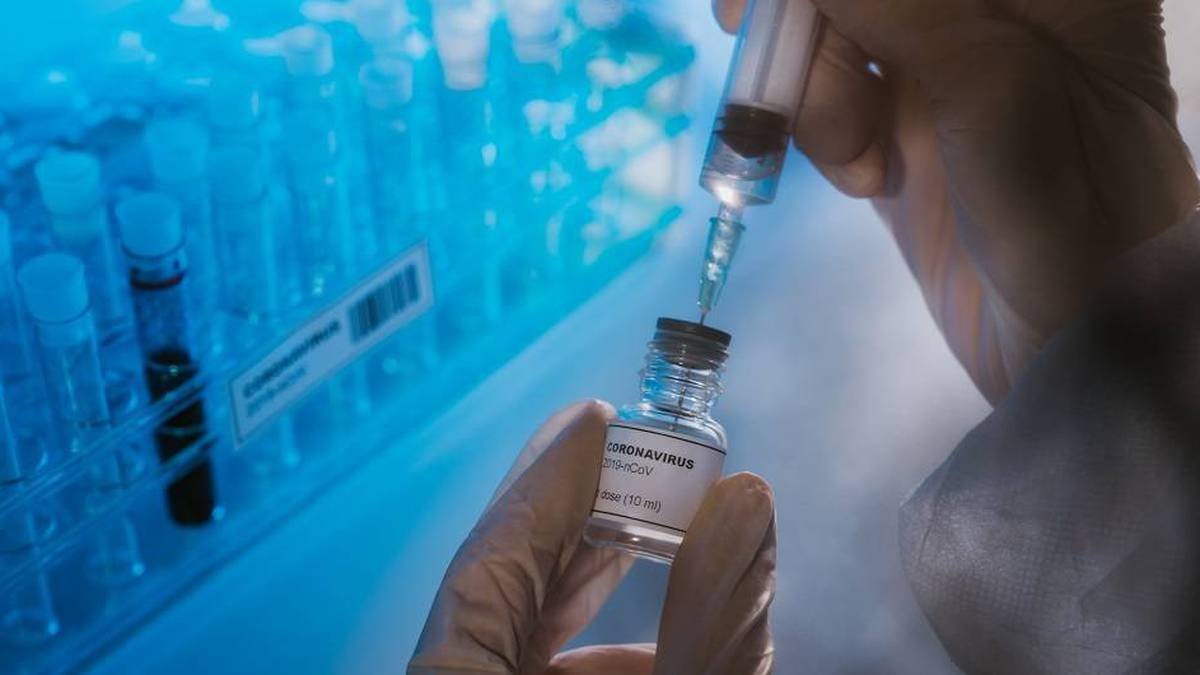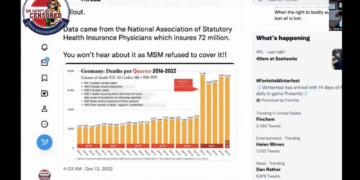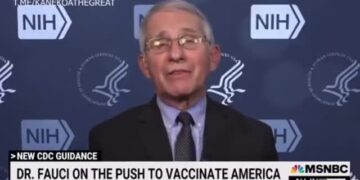Pfizer seeks to authorize a booster for its covid 19 vaccine
Faced with the appearance of the “Delta” variant, Pfizer and its partner BioNTech are seeking that medical regulators in the United States and Europe approve a booster dose, arguing that cases of contagion are now much more dangerous due to the aforementioned variant. Worse yet, the US Food and Drug Administration and the Centers for Disease Control and Prevention have stated that those who have been fully vaccinated do not require any other booster doses so far.

The EMA, the European Medicines Agency, also stated that for now it does not see a need for a third dose of the vaccines, something that several scientists seem to agree on. However, Pfizer’s chief scientific officer stated the following on the subject: “The Pfizer vaccine is very active against the Delta variant, but after six months there is likely to be a risk of reinfection as the antibodies, as predicted, data is going to be sent to the FDA within the next month. It’s a small data set, but I think the trend is accurate: six months later, since Delta is the most contagious variant we’ve seen, it can cause infections and diseases mild ”
Many agree that the efficacy of the vaccine remains in the 95% range even past 6 months after vaccination as noted by Pfizer Chief Scientific Officer Mikael Dolsten. He himself has said that a third dose after the two doses mainly given will create 5 to 10 times more antibodies and that the protection will be much greater in the long term.
Although many do not see a third dose necessary, Pfizer insists that it will be required to increase protection against COVID-19, ignoring some data about the human body’s immune system, and that not everything depends on antibodies. Pfizer’s statements cast doubt on the efficacy of its vaccine much more than previously suspected, and it should also be remembered that the risks of suffering adverse effects from vaccines are still a latent risk, so a third dose could trigger a serious one. even worse effects than they have currently registered.
Pfizer busca autorizar un refuerzo para su vacuna de covid 19
Ante la aparición de la variante “Delta” Pfizer y su socio BioNTech buscan que los reguladores médicos de Estados Unidos y Europa aprueben una dosis de refuerzo, argumentando que los casos de contagios ahora son mucho más peligrosos debido a la citada variante. Peor por los momentos la Administración de Drogas y Alimentos de los EE. UU y los Centros para el Control y la Prevención de Enfermedades han declarado que aquellas personas que han sido totalmente vacunadas no requieren de ninguna otra dosis de refuerzo hasta ahora.

La EMA, Agencia Europea de Medicamentes también declaro que por ahora no ve necesario una tercera dosis de las vacunas, algo en lo que varios científicos parecen estar de acuerdo. No obstante, el director científico de Pfizer declaro lo siguiente respecto al tema: “La vacuna Pfizer es muy activa contra la variante Delta, pero después de seis meses es probable que exista el riesgo de reinfección a medida que los anticuerpos, como se predijo, disminuyen. Los datos se enviarán a la FDA dentro del próximo mes. Es un conjunto de datos pequeño, pero creo que la tendencia es precisa: seis meses después, dado que Delta es la variante más contagiosa que hemos visto, puede causar infecciones y enfermedades leves”
Muchos están de acuerdo en que la eficacia de la vacuna se mantiene por un rango del 95% incluso pasado los 6 meses luego de la vacunación como señalo el director científico de Pfizer Mikael Dolsten. El mismo ha dicho que una tercera dosis luego de las dos dosis suministradas principalmente creara de 5 a 10 veces más anticuerpos y que la protección será mucho mayor a largo plazo.
A pesar de que muchos no ven necesaria una tercera dosis, Pfizer insiste en que esta será requerida para aumentar la protección contra el covid 19 ignorando algunos datos acerca del sistema inmune del cuerpo humano, y que no todo depende de los anticuerpos. Las declaraciones de Pfizer ponen en duda la eficacia de su vacuna mucho más de lo que anteriormente se sospechaba, además cabe recordar que los riesgos de sufrir efectos adversos por las vacunas siguen siendo un riesgo latente, por lo que una tercera dosis podría desencadenar una seria de efectos incluso peores de los que han registrado actualmente.







